MOSCOW — Russian scientists say the country’s Sputnik V vaccine appears safe and effective against Covid-19, according to early results of an advanced study published in a British medical journal.
The news is a boost for the shot that is increasingly being purchased by nations around the world who are desperate to stop the devastation caused by the pandemic.
Researchers say based on their trial, which involved about 20,000 people in Russia last fall, the vaccine is about 91 percent effective and that the shot also appeared to prevent people from becoming severely ill with Covid-19. The study was published online Tuesday in the journal, Lancet.
The Sputnik V vaccine was approved by the Russian government with much fanfare on Aug. 11. President Vladimir Putin personally broke the news on national television and said that one of his daughters had already been vaccinated with it. At the time, the vaccine had only been tested in several dozens of people.
Some early results were published in September, but participants had only been followed for about 42 days and there was no comparison group.
The latest study is based on research involving about 20,000 people over age 18 at 25 hospitals in Moscow between September and November, of whom three-quarters got two doses of the Russian vaccine 21 days apart and the remainder got placebo shots.
The most commonly reported side effects were flu-like symptoms, pain at the injection site and fatigue. Serious side effects were rare in both groups and four deaths were reported in the study, although none were considered to be the result of the vaccine.
Download the NBC News app for breaking news and politics
The study included more than 2,100 people over age 60 and the vaccine appeared to be about 92 percent effective in them.
The Russian vaccine uses a modified version of the common cold-causing adenovirus to carry genes for the spike protein in the coronavirus as a way to prime the body to react if Covid-19 comes along. That’s a similar technology to the vaccine developed by AstraZeneca and Oxford University. But unlike that two-dose vaccine, the Russians used a slightly different adenovirus for the second booster shot.
Sputnik V began being rolled out in a large-scale vaccination campaign in Russia in December, with doctors and teachers the first in line to get the shot. Last month, Putin ordered the effort to be expanded and for mass immunizations to start.
In early January, the Russian Direct Investment Fund that bankrolled the jab said that over 1 million Russians have already been vaccinated with the domestically developed shot. Some Russian media questioned the number and suggested that the rollout has been much slower, with many Russian regions reporting small numbers of vaccinations.
Outside Russia, Sputnik V has received authorization in over a dozen countries, according to the fund — including former Soviet republics of Belarus, Armenia and Turkmenistan; Latin American nations including Argentina, Bolivia and Venezuela; some African nations as well as Serbia, Iran, Palestine and UAE.

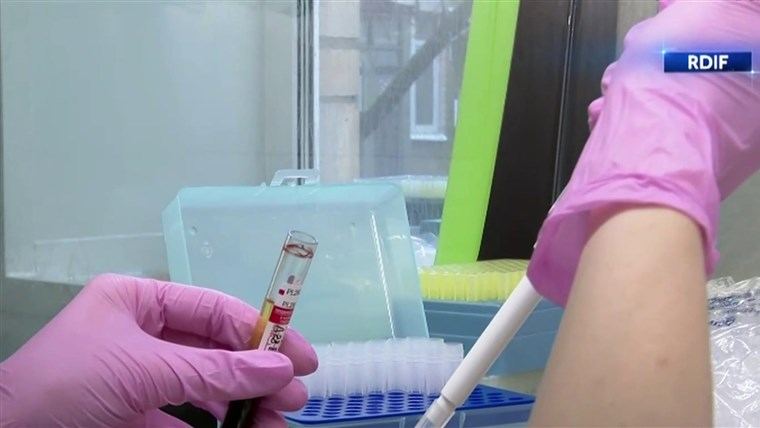
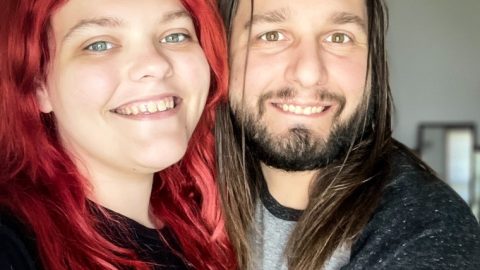

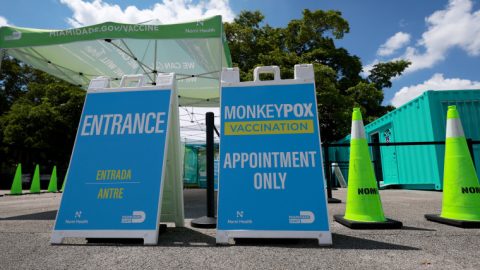
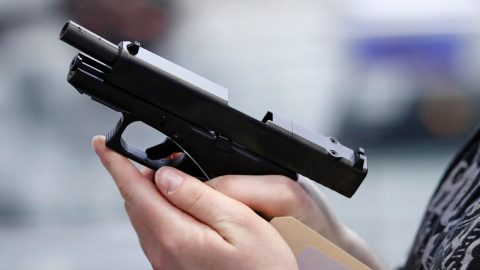
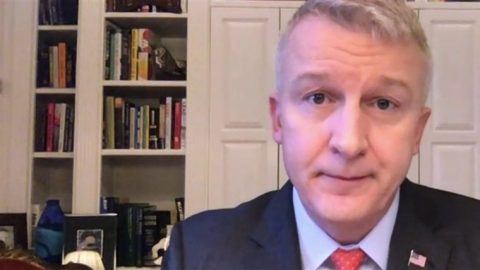
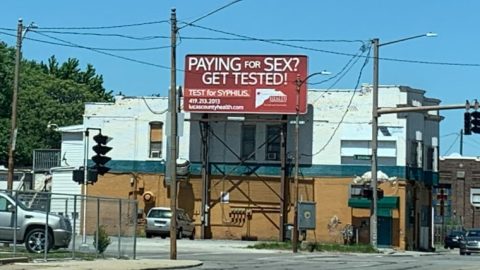
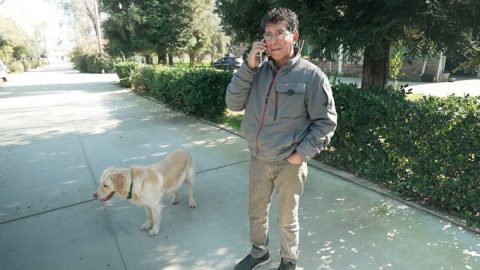
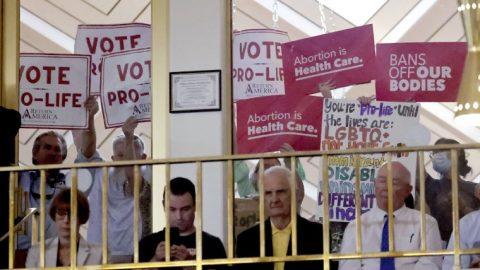
Recent Comments